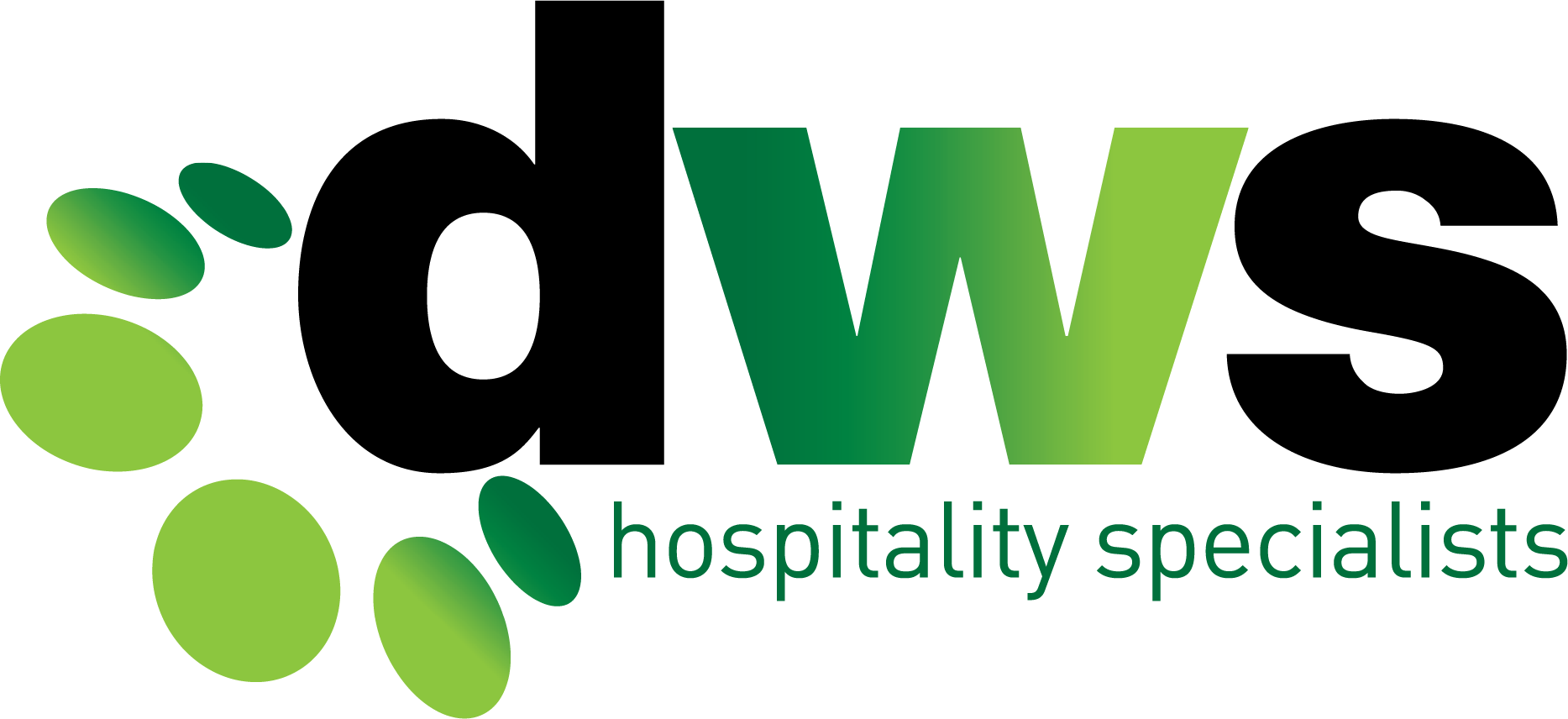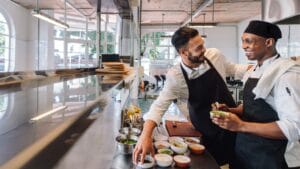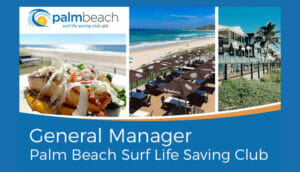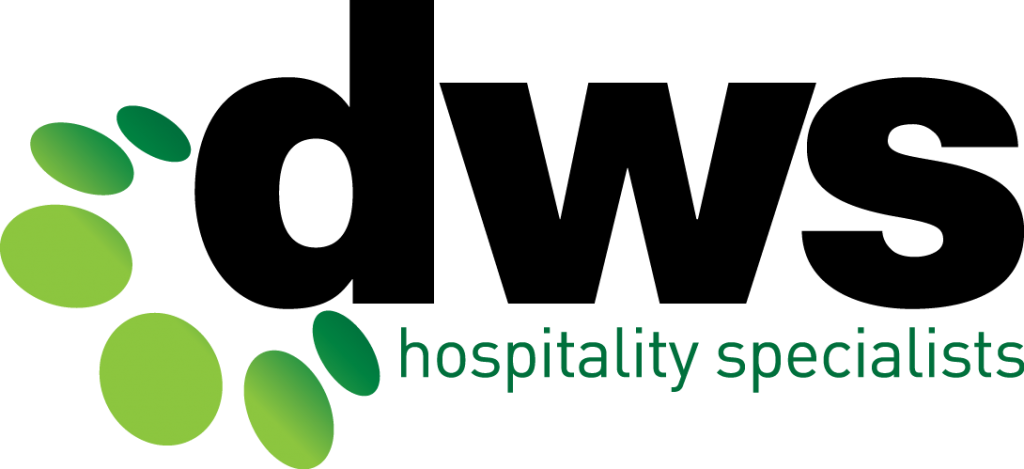In order for your hospitality business to be successful, you need to be visible where your target guests and customers are spending their time. LinkedIn is one of the most popular social networking sites for professionals, and it’s a great platform for promoting your hospitality business. Here are five data-backed tips to help your hospitality business stand out on LinkedIn.
1. First and Foremost, Claim Your Page
It is imperative that you claim your business page to secure your venue’s brand presence on this powerful platform. Ensure that you add your key contact information like address, phone number, contact email, website and a header image that showcases your venue in its best light. The Search Engine Optimisation gains alone will be of great benefit.
2. Use High-Quality Images
The first rule of thumb for any social media platform is to use high-quality images. People are visual creatures, and they’re more likely to engage with an image that looks professional and polished. When selecting images for your LinkedIn profile, make sure they’re of good quality and that they accurately represent your brand.
3. Use Keywords in Your Profile
When people are searching for businesses on LinkedIn, they’ll typically use keywords or phrases to describe what they’re looking for. For example, if someone is searching for a hotel on the Gold Coast, they might type in “hotels GC.” By including relevant keywords and even acronyms in your profile description, you can increase the chances that your hospitality business will come up in search results.
4. Keep Your Profile Up-to-Date
It’s important to keep your LinkedIn profile up-to-date so that people can see that you’re actively involved in the site. Include information about any recent awards or accolades your business has received, as well as any newsworthy items such as new openings or renovations. You should also regularly post updates and articles so that people have a reason to keep coming back to your profile.
5. Connect With Other Professionals
LinkedIn is a great way to connect with other professionals in the hospitality industry. By connecting with other people, businesses, and peers, you can share ideas and best practices, as well as promote each other’s businesses to a wider audience. You can also join industry-specific groups so that you can stay up-to-date on latest trends and news.
6. Consider Advertising
LinkedIn offers a variety of advertising options that can help you promote your hospitality business to a wider audience. LinkedIn ads are typically more expensive than other social media platforms, but they can be worth the investment if you want to reach a specific target demographic. If you decide to advertise on LinkedIn, make sure you create eye-catching ads and target them specifically to the people who are most likely to convert into guests or customers.
If you want your hospitality business to succeed through good times and bad, you need to make sure you’re visible where your target guests and customers are spending their time. And these days, many people are spending their time on social media sites like LinkedIn.
By following these five data-backed tips, you can help your hospitality business not just stand out on LinkedIn to attract more guests and customers, but to assist with recruitment of senior personnel, building community partnerships, celebrating your team and keystone events, as well as engaging with government and industry bodies in the broader professional community.
DWS Digital Marketing can help you make the most of LinkedIn to promote your business and connect with potential customers and partners. We can create a custom strategy tailored to your specific needs, or help you update your current profile and business page to make sure you’re getting the most out of this social media platform.
Get in touch with Lauren, our Digital Marketing Advisor today on lauren@dws.net.au.




